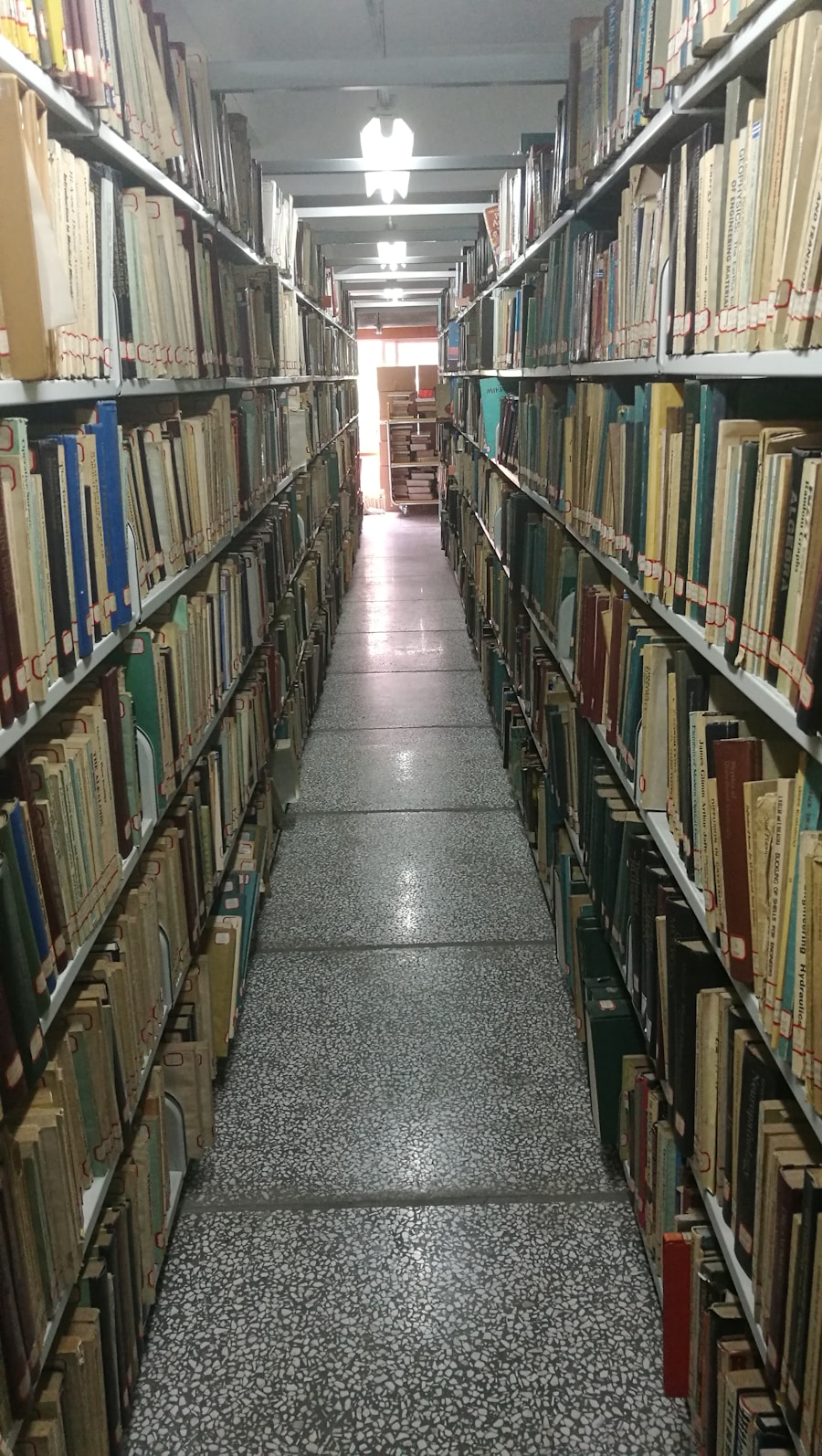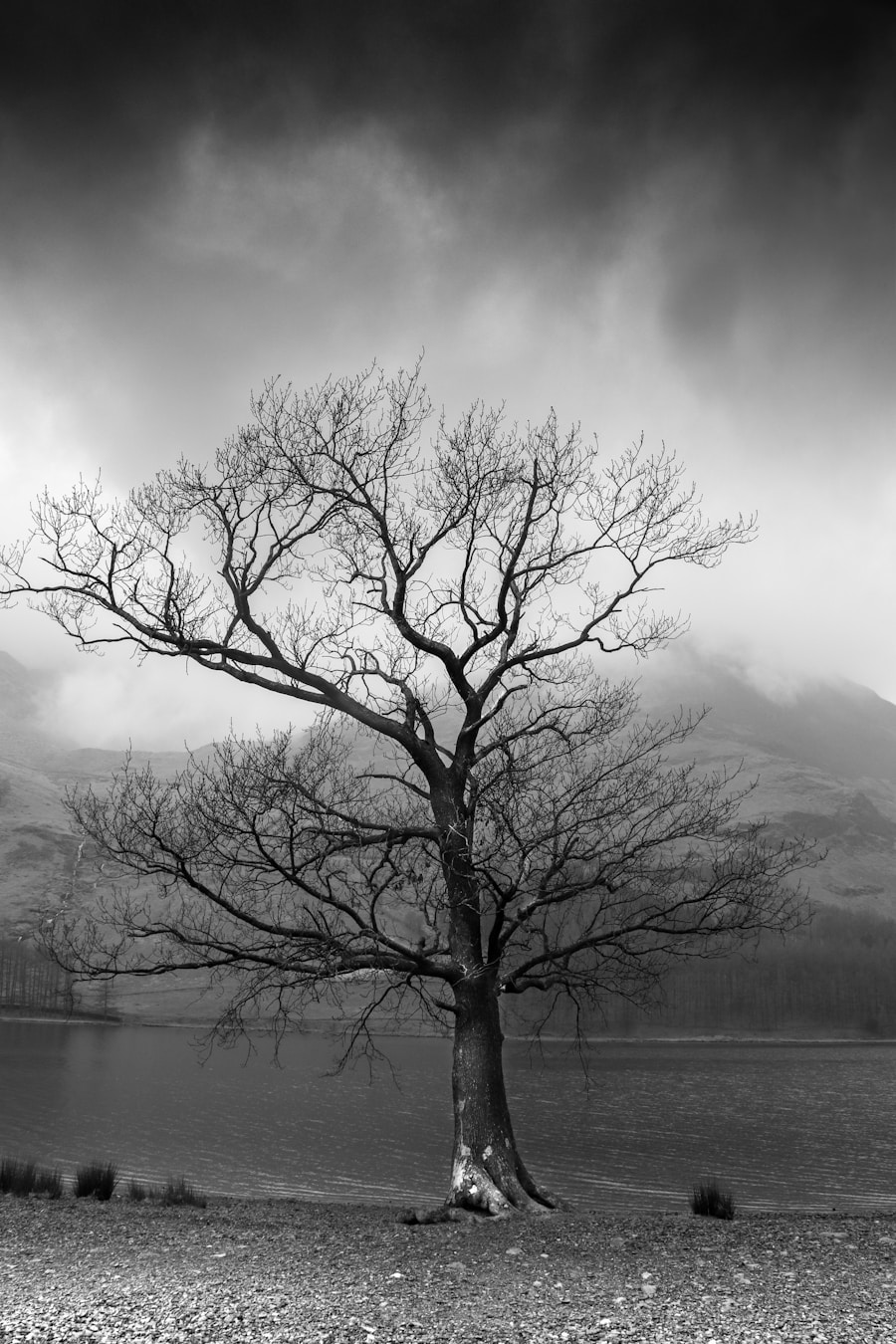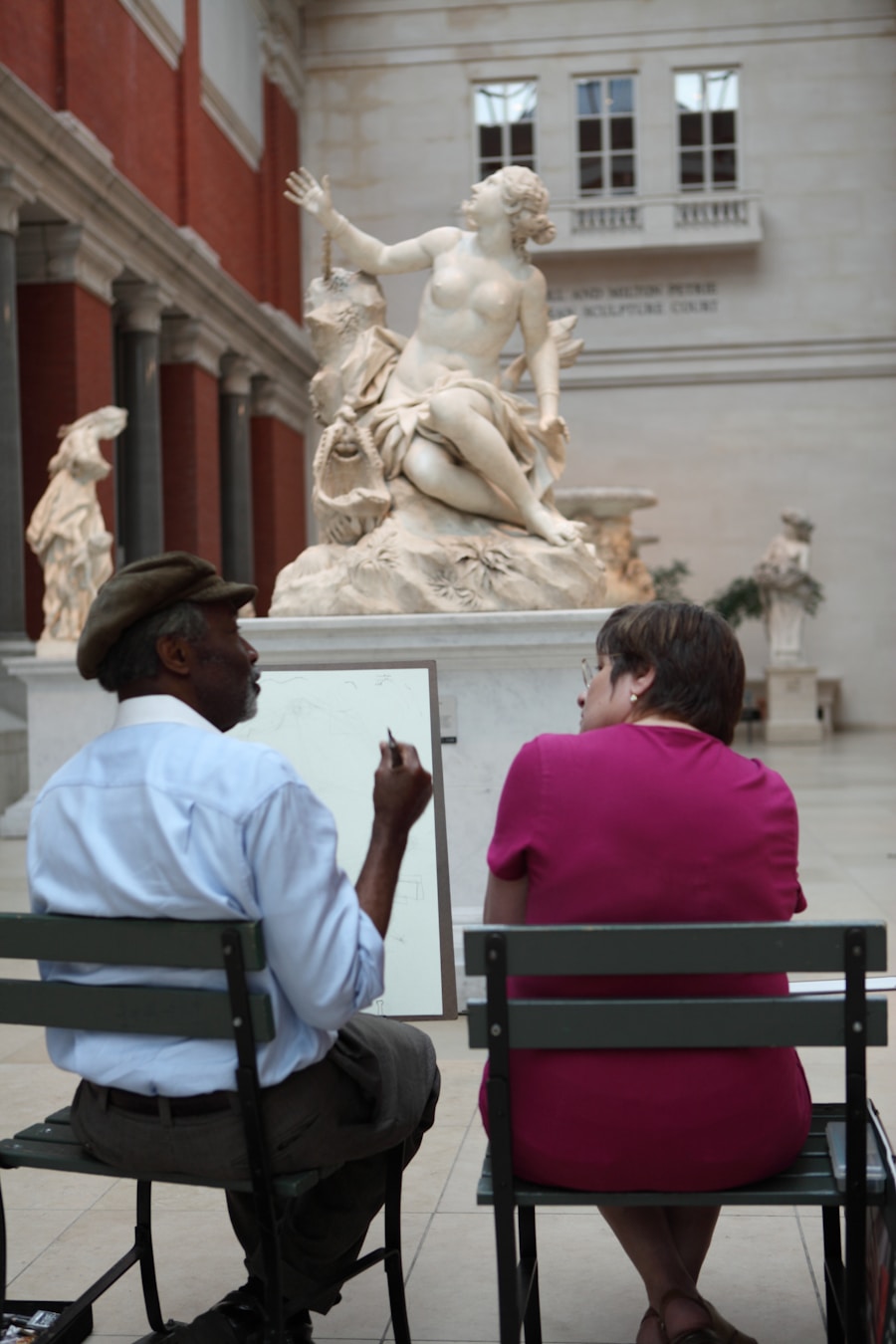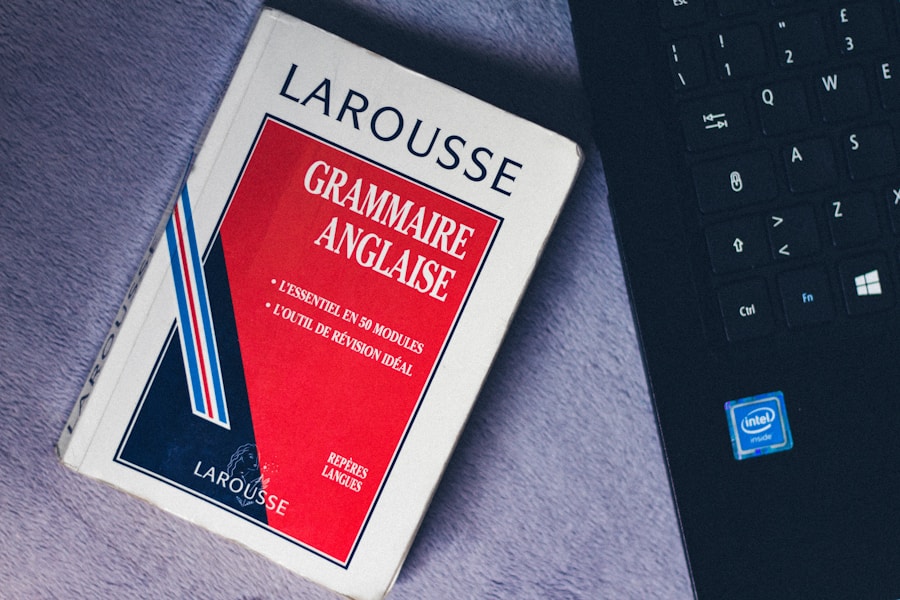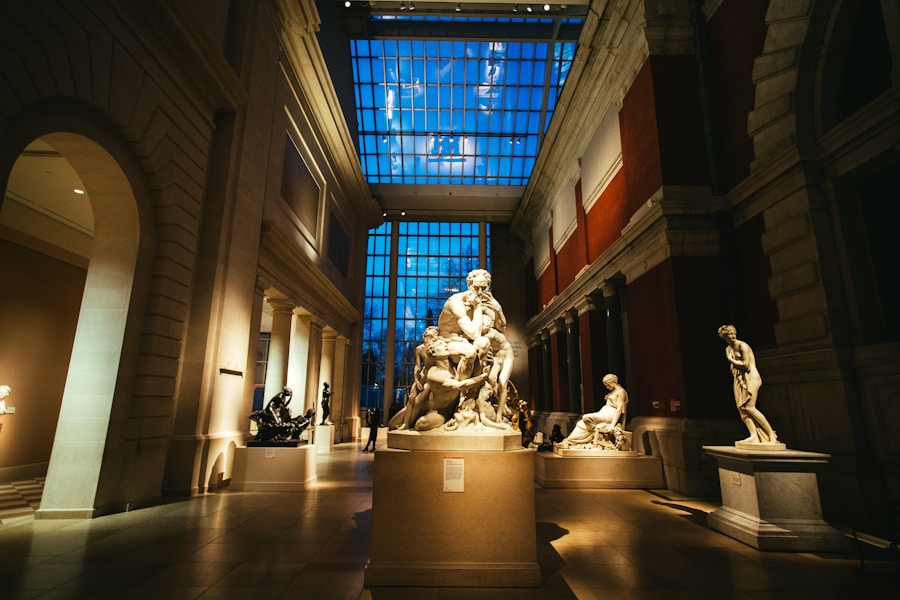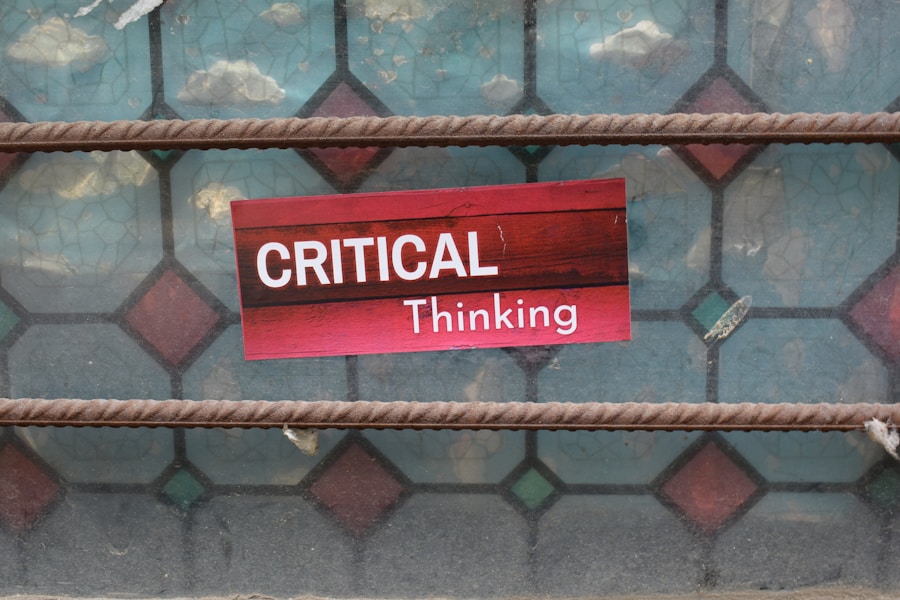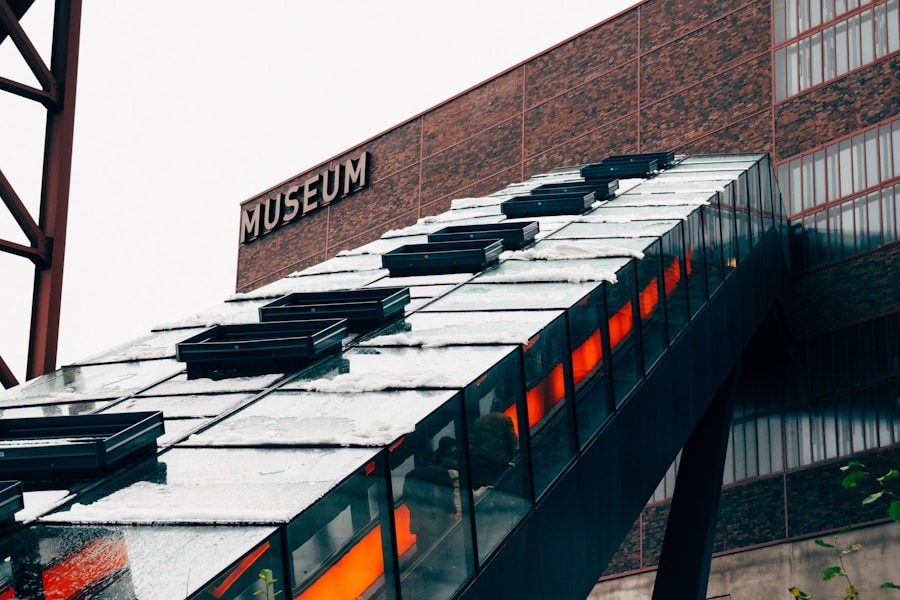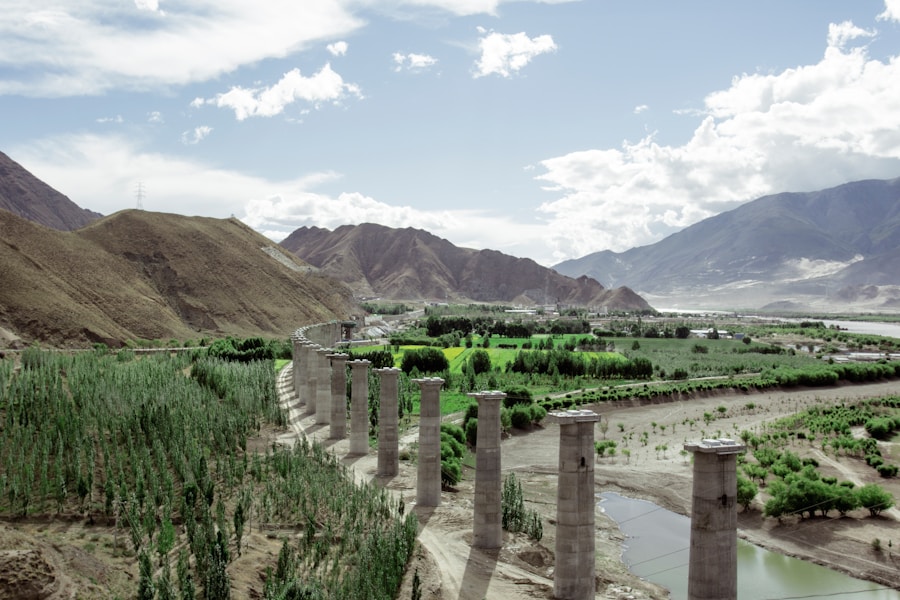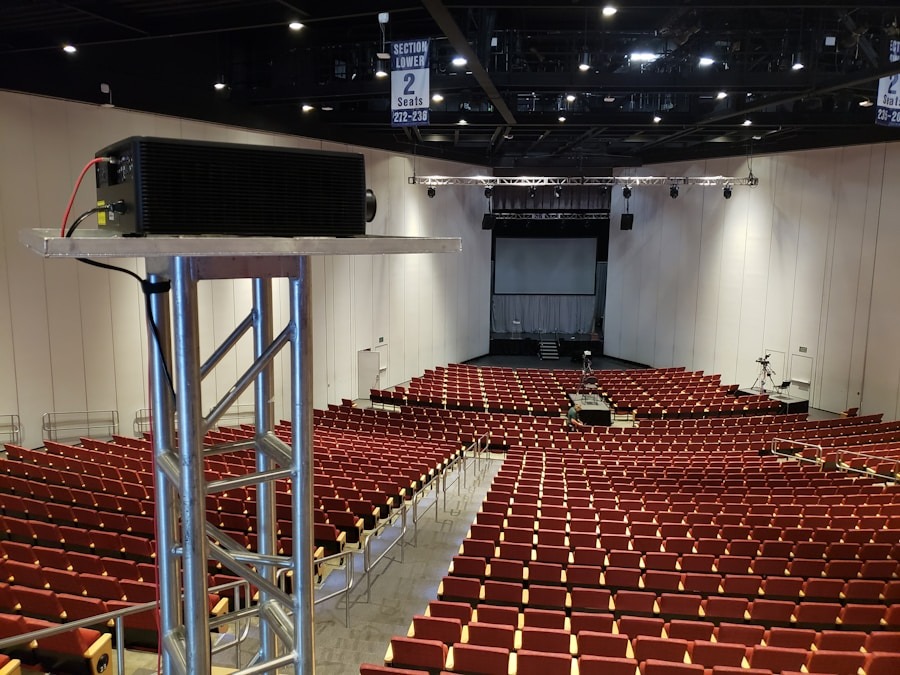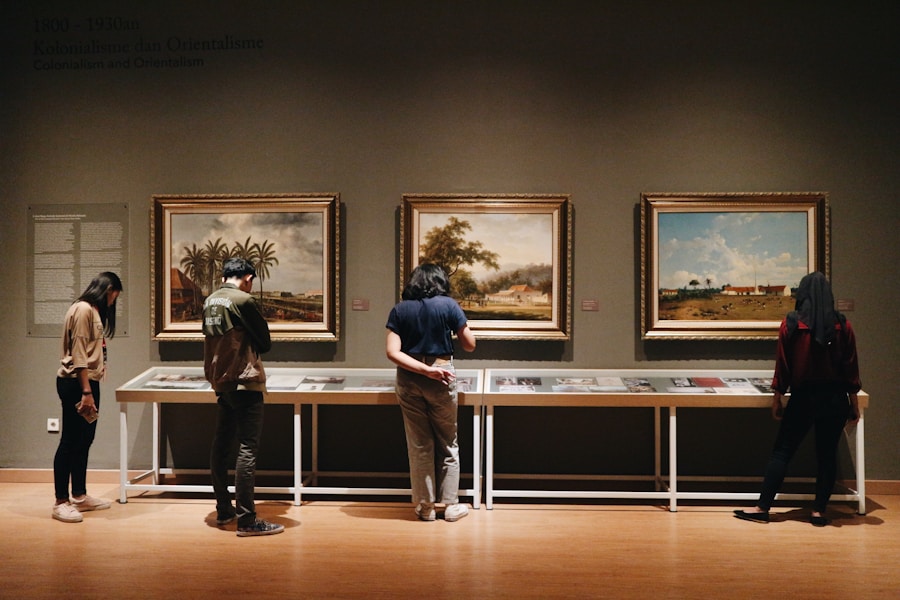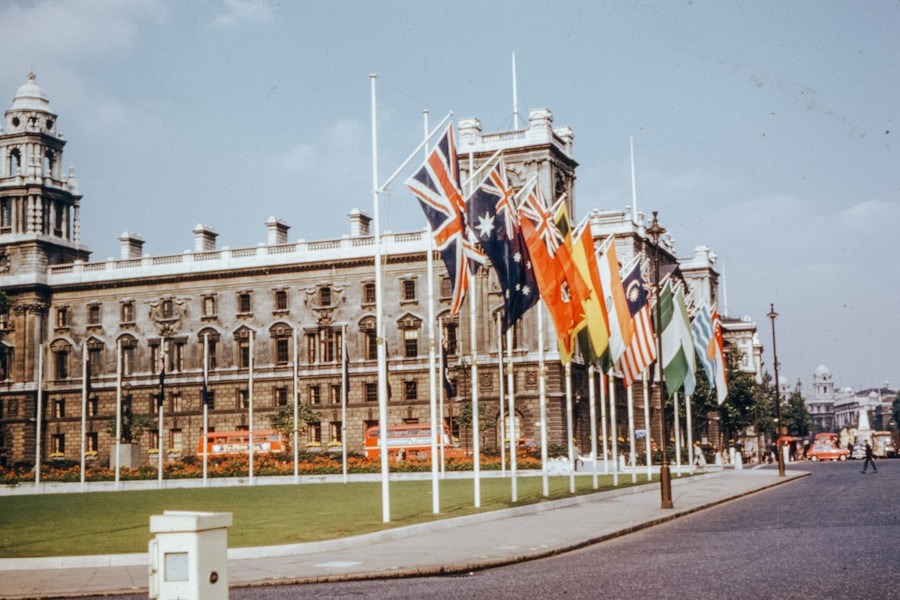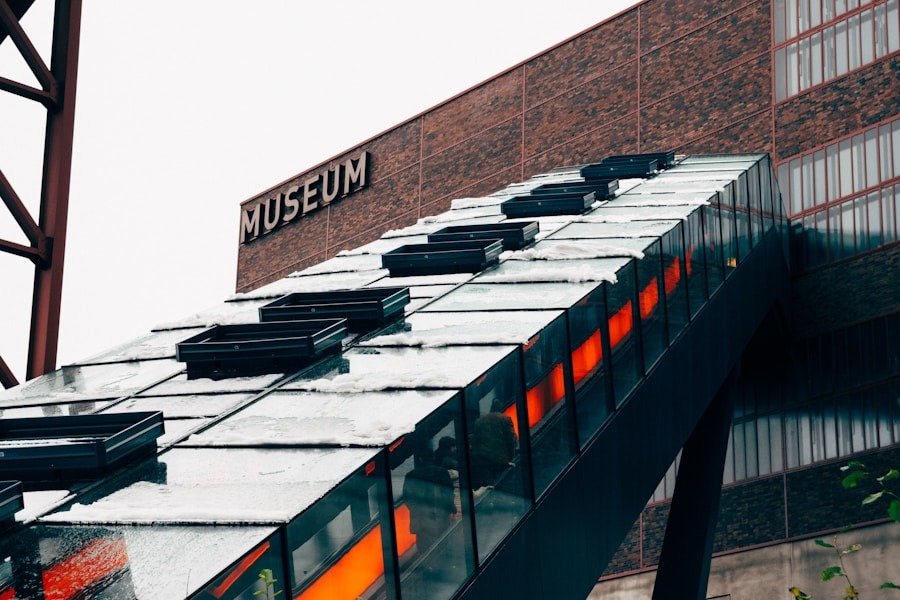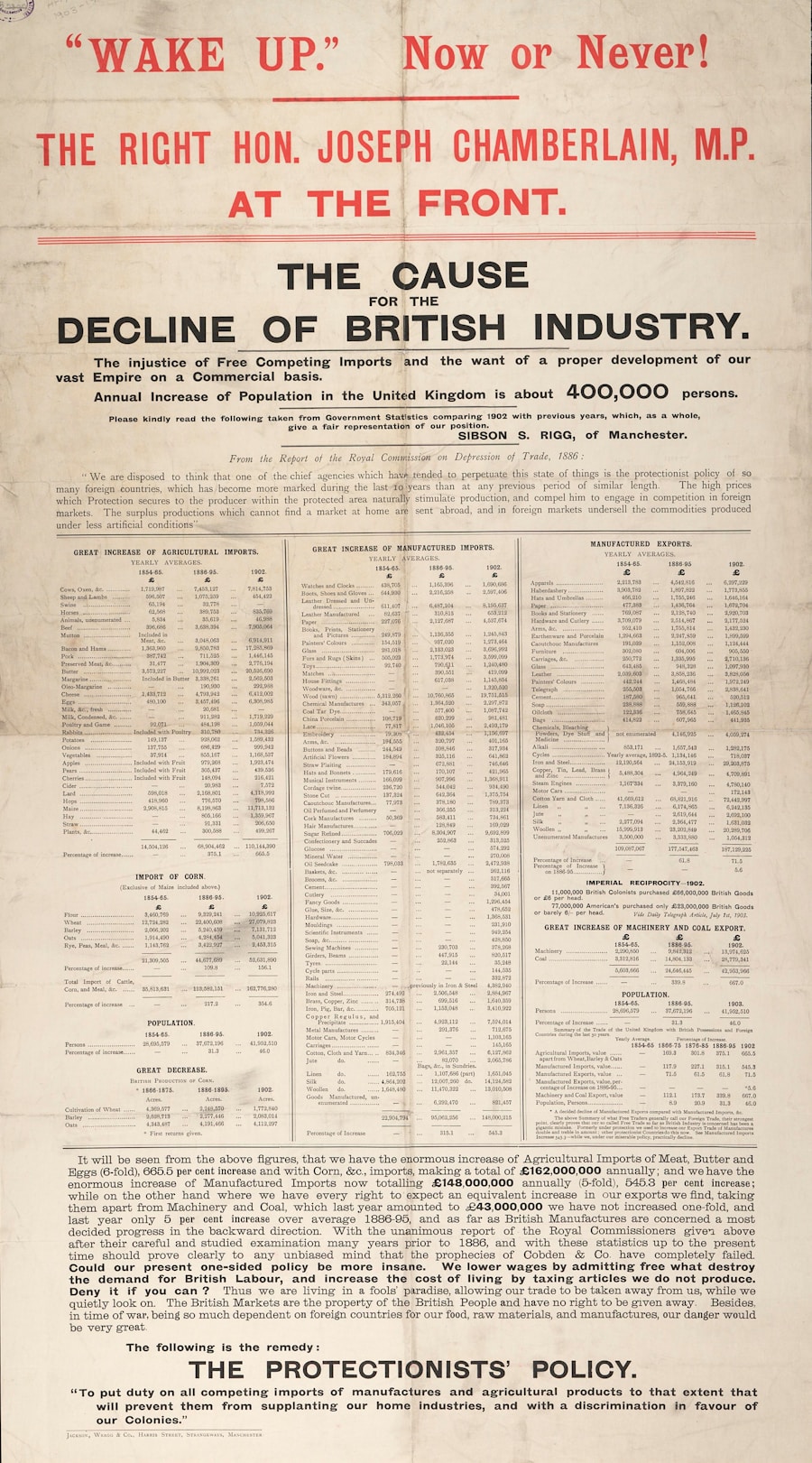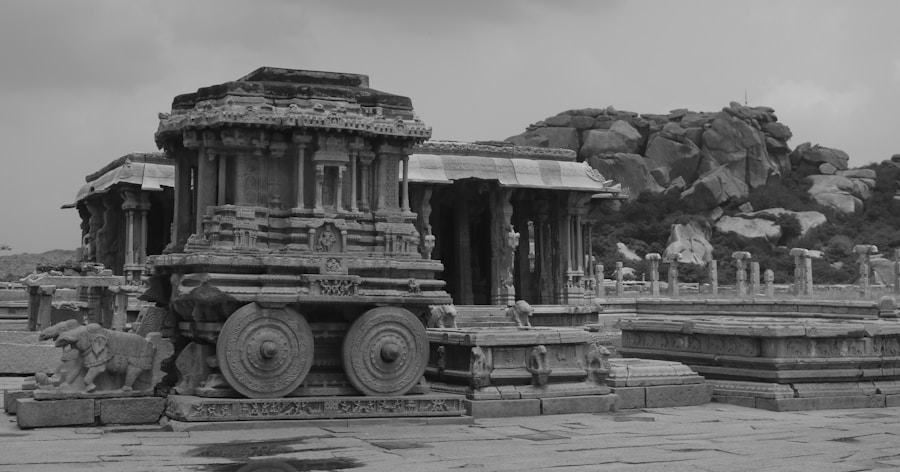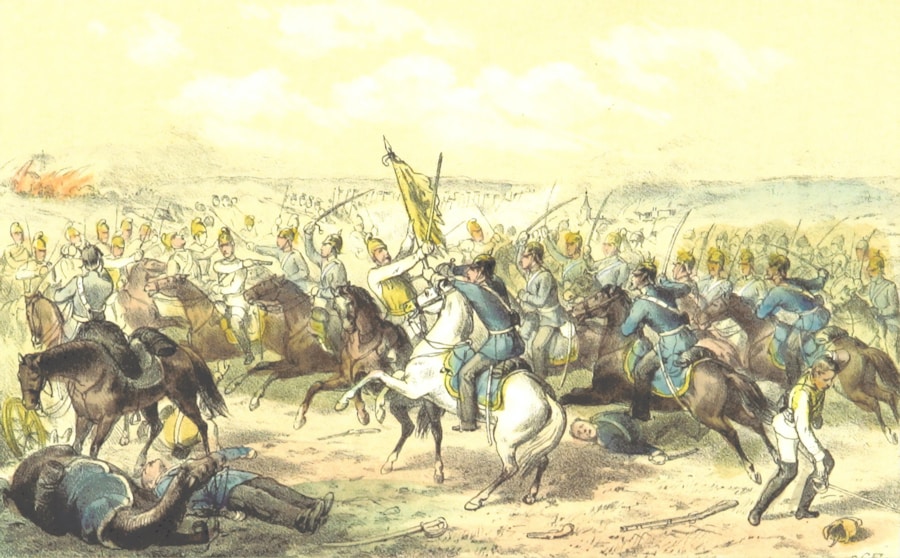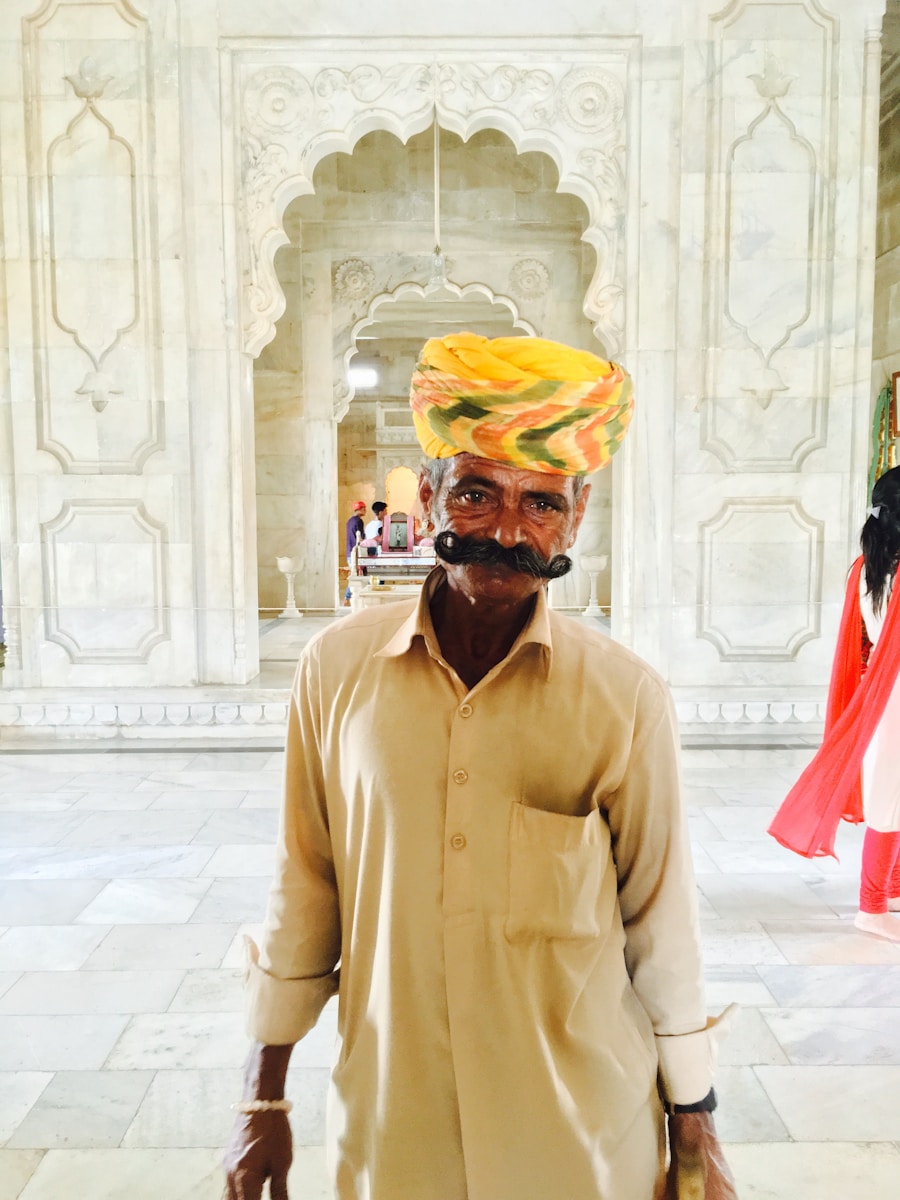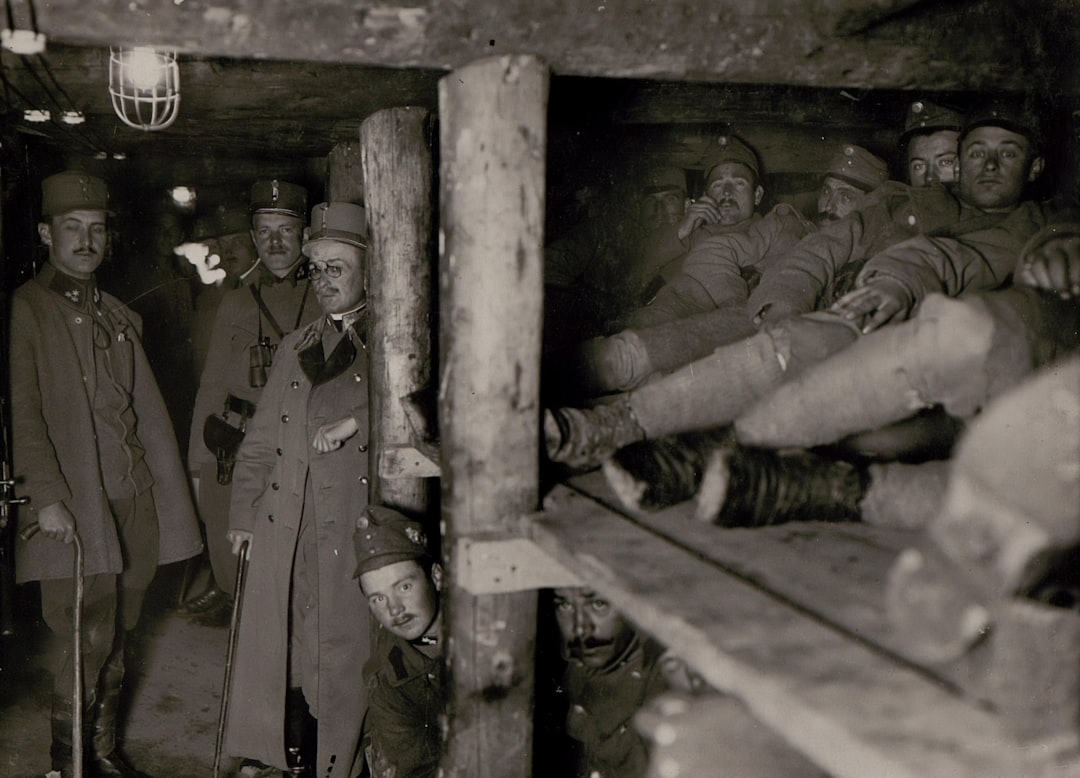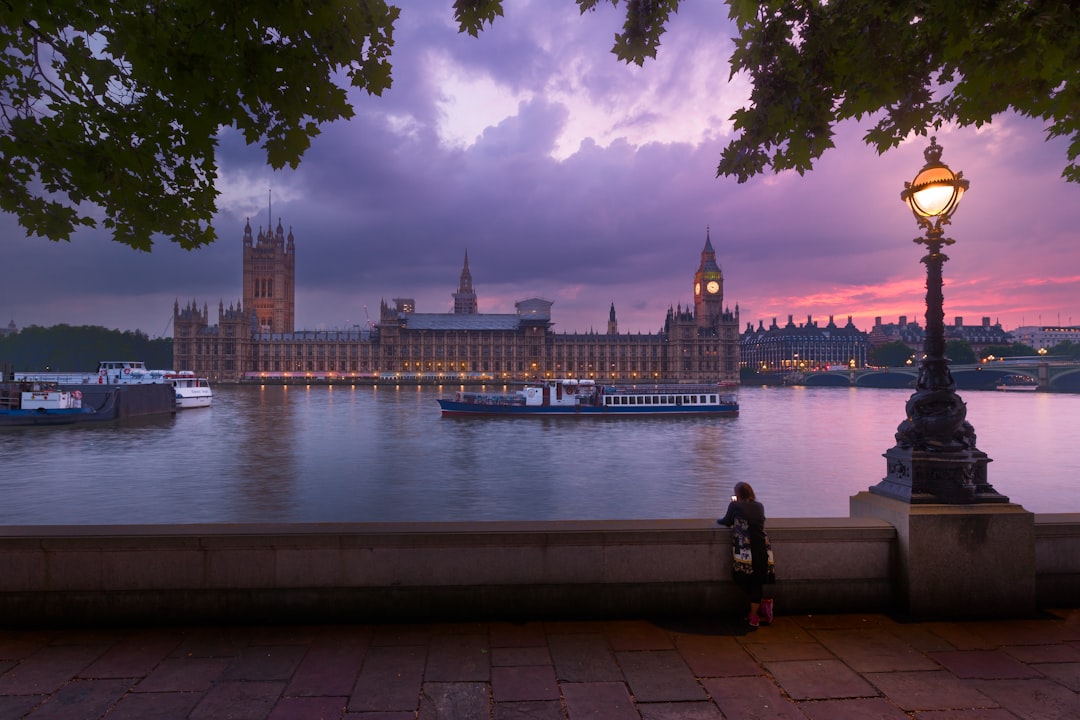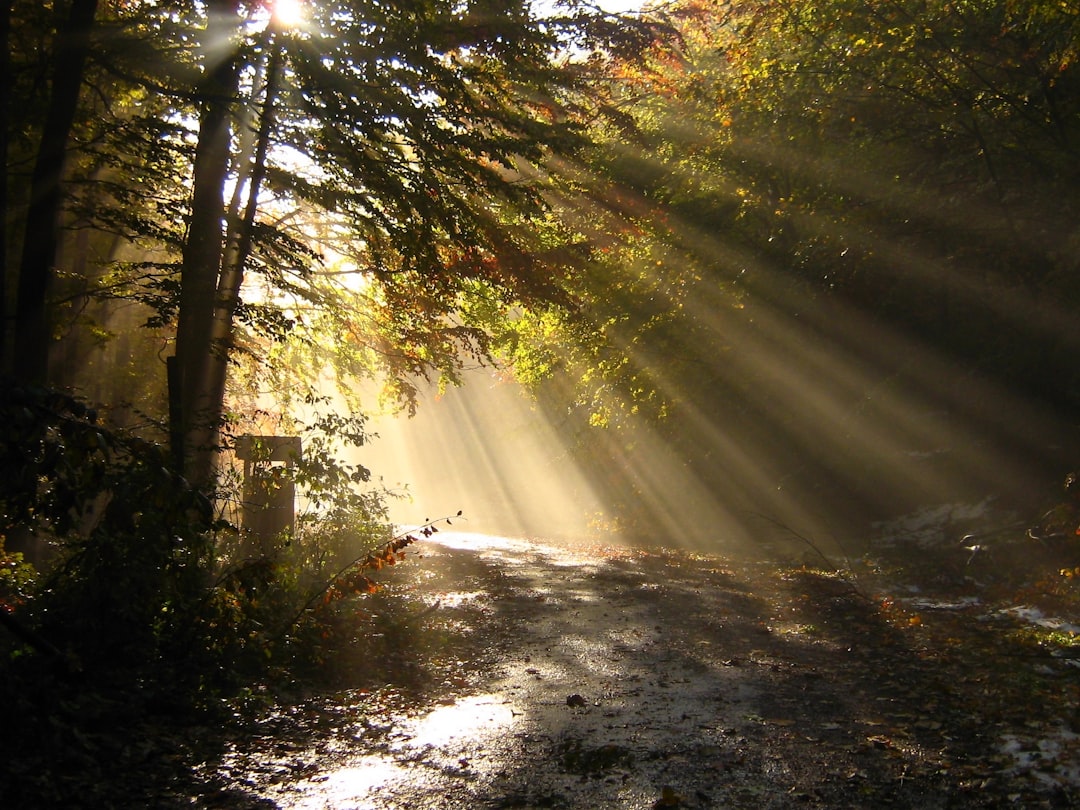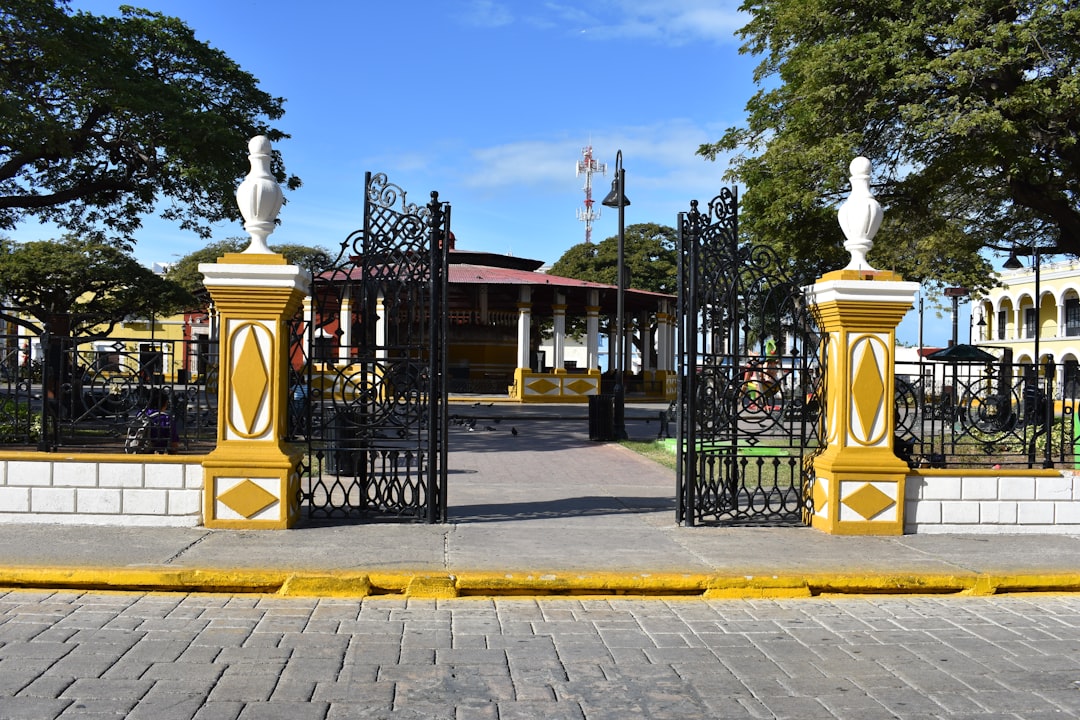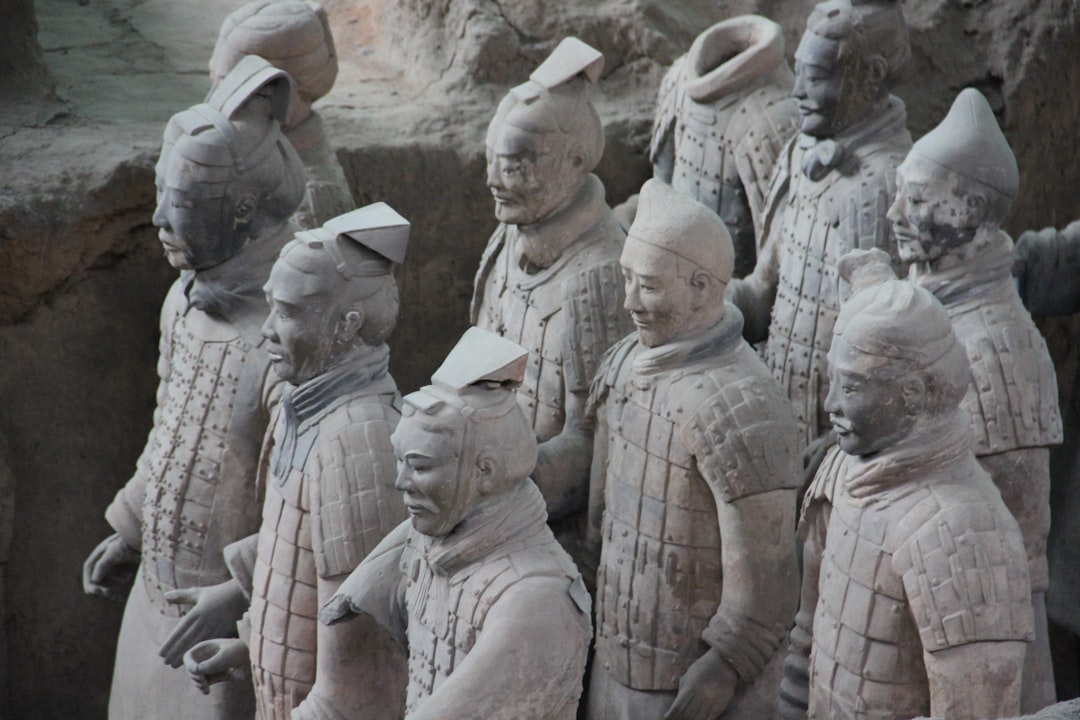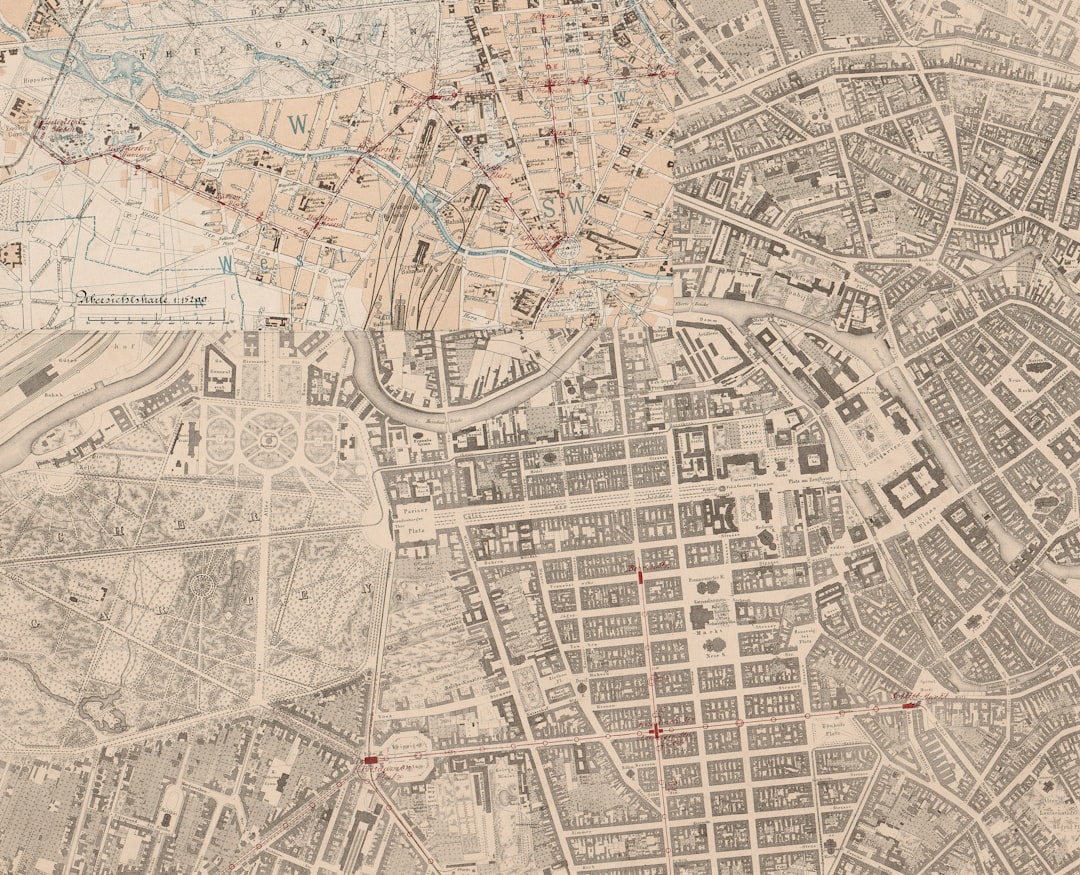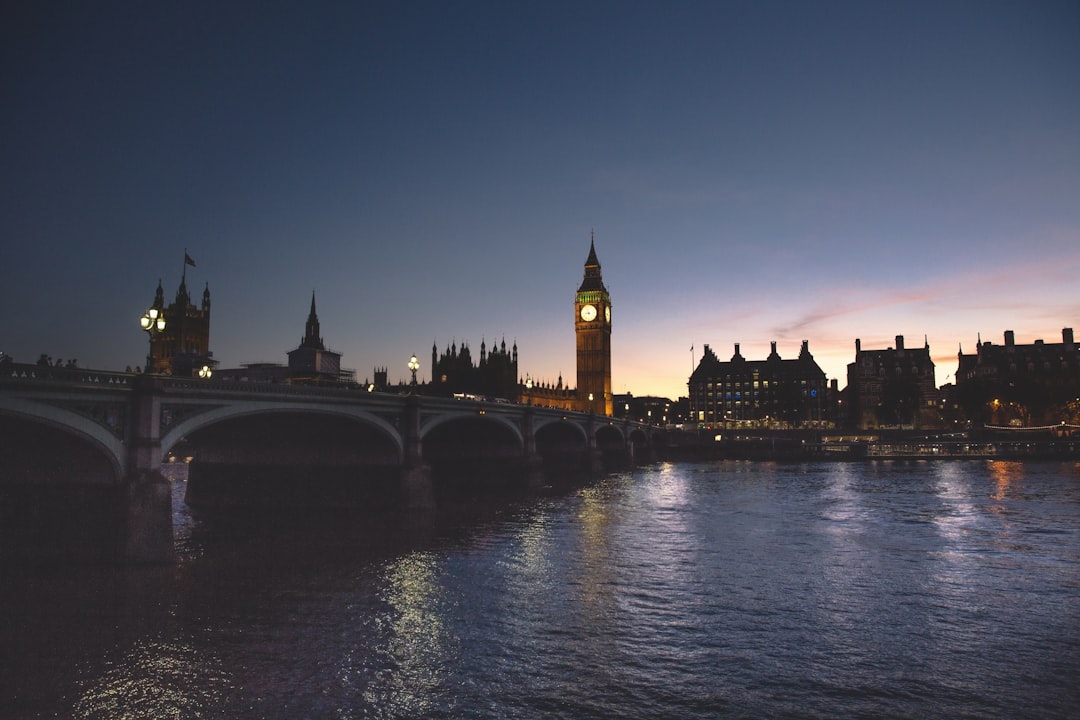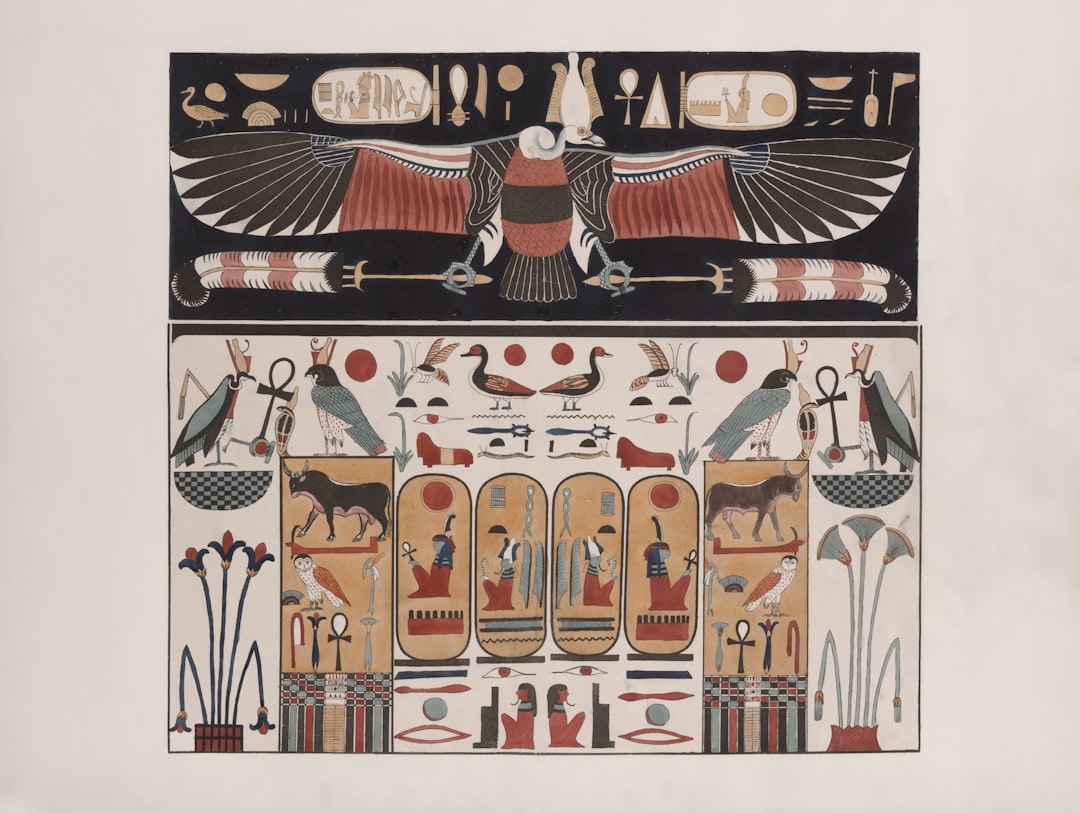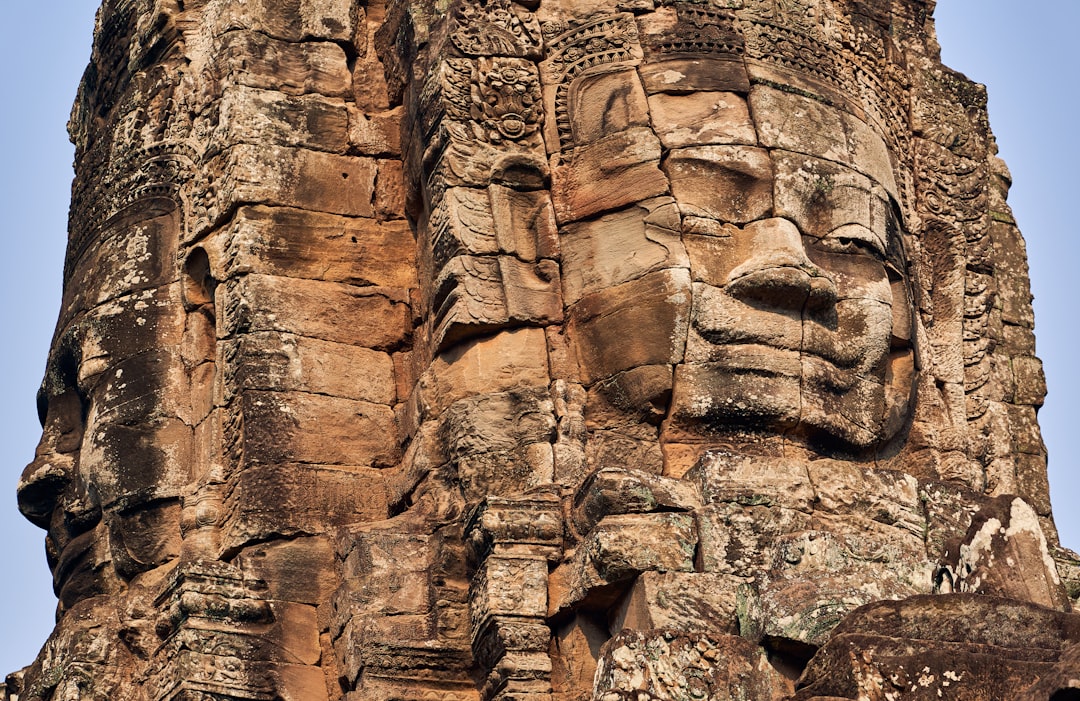Month: April 2025
Principles of Collection Development and Cataloguing
Collection development and cataloguing are two fundamental components of library science that work in tandem to ensure that libraries can effectively serve their communities. Collection [more…]
Wordsworth’s Solitary Reaper: A Song of Solitude
William Wordsworth, a central figure in the English Romantic movement, composed many poems that reflect his deep connection to nature and the human experience. One [more…]
Strategic Planning for Museum Success
Strategic planning serves as a foundational pillar for museums, guiding their operations and ensuring they remain relevant in an ever-evolving cultural landscape. In an age [more…]
Public, Private, and Hybrid Governance Models
Public governance models are frameworks through which government entities manage public resources, implement policies, and engage with citizens. These models are characterized by their focus [more…]
Grammar-Translation Method: A Classic Approach
The Grammar-Translation Method (GTM) is a traditional approach to language teaching that has been widely used for centuries, particularly in the context of teaching classical [more…]
Novelists of the 1950s: Fresh Voices
The Beat Generation emerged in the 1950s as a radical literary movement that challenged the conventions of American society and literature. Spearheaded by figures such [more…]
Novelists of the 1950s: Fresh Voices
The 1950s marked a pivotal decade in the evolution of literature, characterized by a rich tapestry of cultural shifts and societal transformations. Following the tumultuous [more…]
Organizational Structures in Museums
Organizational structures in museums play a pivotal role in determining how these institutions operate, manage resources, and engage with their communities. Museums, as cultural repositories, [more…]
Managing Stress Through Yoga Practices
The relationship between yoga and stress is deeply rooted in the practice’s historical and philosophical foundations. Yoga, originating from ancient India, is not merely a [more…]
Principles Behind Effective Curriculum Design
In the realm of education, recognizing and understanding the diverse needs of learners is paramount. Each student comes with a unique set of experiences, backgrounds, [more…]
Understanding Society: Simply Sociology
Sociology is the systematic study of society, social relationships, and social institutions. It seeks to understand how human behavior is shaped by social contexts and [more…]
Museums as Keepers of Memory and Identity
Museums serve as vital institutions in the preservation of cultural heritage, acting as custodians of the collective memory of societies. They house artifacts, artworks, and [more…]
River Valley Civilizations: The Environmental Backbone of Early Agriculture
River valley civilizations emerged as some of the earliest and most influential societies in human history, flourishing in regions where fertile land and abundant water [more…]
The New Theatre: Staging Modernity
The journey of theatre is a rich tapestry woven through centuries, reflecting the cultural, social, and political landscapes of its time. Traditional theatre, often rooted [more…]
Types of Museums: Art, Science, and More
Art museums serve as sanctuaries for creativity, offering a space where the imagination can flourish and diverse forms of expression can be appreciated. These institutions [more…]
History and Evolution of Museums
The concept of a museum can be traced back to ancient civilizations, where collections of artifacts were often housed in temples or palaces. These early [more…]
Britain in the 1950s: Division and Rule
The aftermath of World War II marked a significant turning point for Britain, as the nation grappled with the extensive physical and psychological scars left [more…]
Defining Museology and Its Core Concepts
Museology is the academic and professional discipline that studies museums, their history, functions, and the various practices associated with their operation. It encompasses a wide [more…]
Yoga’s Role in Personality Growth
Yoga, an ancient practice with roots in Indian philosophy, has transcended its spiritual origins to become a global phenomenon embraced by millions. While many people [more…]
Child-Centered, Skill-Based, and Problem-Centered Curricula
A child-centered curriculum is an educational approach that prioritizes the interests, needs, and developmental stages of children. This philosophy shifts the focus from traditional teacher-led [more…]
Debating the Impact of 1857
The 1857 Rebellion, often referred to as the Sepoy Mutiny or the First War of Indian Independence, marked a significant turning point in the history [more…]
Urban Centers in Vedic and Post-Vedic Periods: An Evolution
The urban centers of ancient India, particularly during the Vedic and Post-Vedic periods, represent a fascinating chapter in the history of civilization. These urban settlements [more…]
Society in Focus: Novelists of the 1920s and 1930s
The Roaring Twenties, often characterized by its exuberance and cultural dynamism, marked a significant departure from the preceding era. Following the devastation of World War [more…]
Revolt of 1857: Nature and Significance
The Revolt of 1857, often referred to as the First War of Indian Independence, marked a significant turning point in the history of British colonial [more…]
Punjab Under British Influence
The British influence in Punjab, a region that now straddles the border between India and Pakistan, began in earnest during the early 19th century. The [more…]
Using Videos, Projectors, and Realia in Language Teaching
The integration of videos into language teaching has revolutionized the way educators approach language acquisition. One of the most significant benefits of using videos is [more…]
Old and New: Writing in the Modernist Era
Modernism emerged as a significant cultural movement in the late 19th and early 20th centuries, profoundly influencing literature and the arts. This period was marked [more…]
British Ties with Mysore and Marathas
The historical relationship between Britain and Mysore is a complex tapestry woven through a series of military confrontations, political alliances, and economic interests. The Kingdom [more…]
How Yoga Boosts Physical and Mental Health
Yoga, an ancient practice with roots in India, has transcended cultural boundaries to become a global phenomenon. It is not merely a form of exercise; [more…]
The Vital Role of Curriculum in Education
Curriculum serves as the backbone of any educational system, providing a structured framework that guides both teaching and learning processes. It encompasses the knowledge, skills, [more…]
Understanding Social Dynamics: An Interpretive Approach
Social dynamics is a multifaceted field that examines the patterns and processes of social interactions among individuals and groups. It encompasses a wide range of [more…]
Institutions of British Governance
The British monarchy, with its rich tapestry of history and tradition, serves as a symbolic head of state in the United Kingdom. The role of [more…]
The Origins of Agriculture: Shaping Societies and Environments
The transition from hunter-gatherer societies to agricultural ones marks one of the most significant shifts in human history, often referred to as the Neolithic Revolution. [more…]
Browning’s Art of the Dramatic Monologue
Robert Browning, a prominent figure in Victorian poetry, is often celebrated for his innovative use of the dramatic monologue, a form that allows a single [more…]
Ideologies and Racial Attitudes of the Raj
The British Raj, a term that encapsulates the period of British rule in the Indian subcontinent from 1858 to 1947, was not merely a political [more…]
Police, Army, and Law in British India
The period of British rule in India, often referred to as British India, spanned from 1858 to 1947, marking a significant chapter in the subcontinent’s [more…]
Tennyson and the Pre-Raphaelite Poets
Alfred Lord Tennyson, one of the most celebrated poets of the Victorian era, emerged as a literary figure whose work resonated deeply with the cultural [more…]
Administrative Structures Under the Raj
The administrative structures established during the British Raj in India represent a complex interplay of governance, control, and cultural exchange. The British colonial rule, which [more…]
Yoga Unveiled: A Path to Mental Wellness
Yoga, a term derived from the Sanskrit word “yuj,” meaning to unite or join, has roots that stretch back over 5,000 years. Its origins can [more…]
What is Curriculum? Concept and Nature Explored
Curriculum is a term that encompasses the entirety of educational experiences provided to students within a school or educational institution. It is not merely a [more…]
Strategies of British Territorial Growth
The early colonization efforts of European powers were marked by a fervent desire to explore and exploit new territories. In the late 15th century, the [more…]
Women Novelists of the Victorian Era
The Victorian era, spanning from 1837 to 1901, was a period marked by profound social, political, and technological changes in England. It was during this [more…]
Early Foundations of British India
The East India Company, a British trading corporation, made its initial foray into India in the early 17th century, specifically in 1600 when it was [more…]
Mercantilism as an Instrument of Rule
Mercantilism emerged as a dominant economic theory and practice in Europe from the 16th to the 18th centuries, fundamentally shaping the political and economic landscape [more…]
From Blackboards to ICT: Tools for Effective ELT
The landscape of English Language Teaching (ELT) has undergone a remarkable transformation over the decades, driven by advancements in technology and pedagogical theories. In the [more…]
English Fiction in the Nineteenth Century
The English novel emerged as a distinct literary form in the early 18th century, but it was during the 19th century that it truly flourished [more…]
British Expansion Policies and Programs
The British Empire, at its zenith, was the largest empire in history, encompassing vast territories across every continent. The policies and programs that underpinned this [more…]
Linking Mental Health and Hygiene
Hygiene is often perceived as a basic aspect of daily life, primarily associated with physical health. However, its implications extend far beyond the surface, significantly [more…]
Moral Values and Complete Living as Educational Goals
Moral values serve as the bedrock of a well-rounded education, guiding individuals toward a life characterized by integrity, respect, and responsibility. In an increasingly complex [more…]
Understanding Human Behavior: The Intersection of Pure and Applied Social Science
Human behavior is a complex tapestry woven from a multitude of influences, including biological, psychological, social, and environmental factors. It encompasses the myriad ways in [more…]
Understanding 18th-Century Transformations
The Enlightenment, often referred to as the Age of Reason, was a profound intellectual movement that emerged in Europe during the late 17th and 18th [more…]
Markets and Economic Activities in Ancient Urban Centers
Ancient urban centers served as the heart of civilization, where culture, politics, and economy converged to create vibrant societies. These cities were not merely collections [more…]
From Hunting-Gathering to Nomadic Pastoralism: Early Human Lifestyles
The study of early human lifestyles provides a fascinating glimpse into the origins of human society and culture. Before the advent of agriculture, humans lived [more…]
The Victorian Condition: Carlyle to Hardy
The Victorian Era, spanning from 1837 to 1901, marked a period of profound transformation in British society, culture, and politics. Named after Queen Victoria, who [more…]
Historiography of the Pre-1857 Period
Historiography, the study of historical writing and the methods of historians, serves as a critical lens through which we can examine how history is constructed, [more…]
Political Shifts in Early Modern India
The period of Early Modern India, spanning from the late 15th century to the mid-18th century, represents a transformative era characterized by significant political, social, [more…]
Romantic Poets: Wordsworth, Shelley, and Keats
The early life of many poets often serves as a crucible for their later works, and this is particularly true for the prominent figures of [more…]
Economic and Social Change in the 18th Century
The 18th century, often referred to as the Age of Enlightenment, was a period marked by profound transformations across various domains, including philosophy, politics, science, [more…]
The Importance of Mental Hygiene Today
Mental hygiene refers to the practices and habits that promote mental health and well-being. It encompasses a range of activities and attitudes that contribute to [more…]
Democratic Education: Fostering Equality and Participation
Democratic education is rooted in the belief that education should be a collaborative process, where students are not merely passive recipients of knowledge but active [more…]
Cultivating Connections: Exploring Horticulture Anthropology
Horticulture, the art and science of cultivating plants, is deeply intertwined with anthropology, the study of human societies and cultures. This intersection reveals how human [more…]
Understanding Essentialism in Sociology
Essentialism in sociology has its roots in philosophical discourse, particularly in the works of ancient philosophers like Plato and Aristotle, who posited that entities possess [more…]
Rajputs and the Post-Gupta Legacy
The decline of the Gupta Empire in the 6th century CE marked a significant turning point in Indian history, paving the way for the emergence [more…]
Pre-Romantics: Setting the Stage for Change
The Pre-Romantic period, spanning the late 18th century, serves as a crucial bridge between the rationalism of the Enlightenment and the emotional depth of Romanticism. [more…]
Decline of Guptas and Rise of Harshvardhan
The transition from the Gupta Empire to the reign of Harshvardhan marks a significant chapter in Indian history, characterized by a complex interplay of political, [more…]
Life and Culture in the Gupta Golden Age
The Gupta Golden Age, which spanned from approximately 320 to 550 CE, is often heralded as a pinnacle of cultural, scientific, and artistic achievement in [more…]
Teaching Aids 101: Definition and Classroom Impact
Teaching aids are essential tools that enhance the educational experience by facilitating the learning process. They encompass a wide range of materials and resources, from [more…]
Gothic Fiction: Shadows of Imagination
Gothic fiction emerged in the late 18th century, a period marked by significant social, political, and cultural upheaval in Europe. The genre is often traced [more…]
Gupta Empire: From Chandragupta I to II
Chandragupta I emerged as a pivotal figure in Indian history during the early 4th century CE, marking the inception of the Gupta Empire, which would [more…]
Key Functions of Mental Hygiene Explained
Mental hygiene refers to the practices and habits that promote mental health and well-being, akin to how personal hygiene pertains to physical health. It encompasses [more…]
Vocational and Liberal Aims: Preparing for Work and Life
Vocational aims in education focus on equipping students with specific skills and knowledge that prepare them for particular trades or professions. This approach emphasizes practical [more…]
Make Money with Amazon Work from Home
In recent years, the concept of remote work has gained significant traction, with many companies embracing flexible work arrangements. Among these companies, Amazon stands out [more…]
The Impact of Social Factors on Crime: A Sociological Perspective
The intricate relationship between social factors and crime has long been a subject of interest for criminologists, sociologists, and policymakers alike. Crime does not occur [more…]
Regional Powers in Post-Mauryan India
The period following the decline of the Mauryan Empire, which reached its zenith in the 3rd century BCE, marks a significant chapter in Indian history. [more…]
Environment and Early Societies: Resource Use Through the Ages
The dawn of human civilization marked a pivotal transition in the way societies interacted with their environment. Early societies, emerging from hunter-gatherer groups, began to [more…]
Defoe and the Birth of the Novel
Daniel Defoe was born in 1660 in London, England, into a family of dissenters, which significantly influenced his worldview and literary output. His father, a [more…]
Foreign Influences on Indian Governance
The governance of India has been shaped by a myriad of foreign influences throughout its long and complex history. From the ancient invasions of the [more…]
South Indian Dynasties: Pallavas and Cholas
The history of South India is a tapestry woven with the threads of numerous dynasties that have risen and fallen over the centuries. Among these, [more…]
Women’s Voices in the Restoration Period
The Restoration Period, spanning from 1660 to 1688, marked a significant turning point in English history, characterized by the return of Charles II to the [more…]
Greeks, Parthians, Sakas, and Kushanas
Ancient civilizations represent the bedrock of human history, showcasing the ingenuity, creativity, and resilience of early societies. These civilizations laid the foundations for modern governance, [more…]
Goals of Mental Hygiene for a Balanced Life
Mental hygiene refers to the practices and habits that contribute to maintaining and enhancing mental health. Just as physical hygiene involves regular practices to keep [more…]
Social vs. Individual Aims: Balancing Priorities in Education
In the realm of education, the distinction between social aims and individual aims is pivotal for shaping curricula, teaching methodologies, and overall educational philosophy. Social [more…]
Chinese Academy of Social Sciences: Influential Research and Policy Impact
The Chinese Academy of Social Sciences (CASS) stands as a pivotal institution in the landscape of social science research in China. Established in 1977, CASS [more…]
Sources of Mauryan History Explored
The archaeological landscape of ancient India is rich and diverse, revealing a tapestry of cultures, traditions, and historical narratives. Among the most significant archaeological discoveries [more…]
Trade Routes and Their Impact on Urban Growth
Trade routes have been the lifeblood of commerce and cultural exchange throughout human history. These pathways, whether over land or sea, have facilitated the movement [more…]
Restoration and Neoclassicism: Dryden to Milton
The Restoration period in English literature, spanning from 1660 to 1700, marked a significant cultural shift following the tumultuous years of the English Civil War [more…]
Sungas, Kanvas, and Satavahanas Post-Maurya
The Sungas emerged as a significant power in ancient India following the decline of the Mauryan Empire around the 2nd century BCE. Their rise can [more…]
Ashoka: Religion and Decline of the Empire
Ashoka, the third Mauryan emperor, is often regarded as one of the most significant figures in Indian history, particularly due to his profound transformation from [more…]
Theories of Language Acquisition and Learning Explained
Language acquisition is a complex and multifaceted process that enables individuals to understand and produce language. It encompasses the ways in which humans, particularly children, [more…]
The Mystique of Metaphysical Poetry
Metaphysical poetry emerged in the 17th century, primarily in England, and is characterized by its intricate exploration of complex themes through the use of elaborate [more…]
Chandragupta and the Mauryan Expansion
Chandragupta Maurya, the founder of the Mauryan Empire, emerged as a pivotal figure in ancient Indian history during the 4th century BCE. His rise to [more…]
What is Mental Hygiene? Meaning and Definitions
Mental hygiene is a concept that has gained increasing attention in recent years, particularly as society becomes more aware of the importance of mental health. [more…]
Understanding the Meaning and Importance of Educational Aims
Educational aims refer to the overarching goals that guide the teaching and learning process within an educational framework. These aims articulate the desired outcomes of [more…]
The Impact of Social Science on Society
Social science is a broad field that encompasses the study of human behavior, social structures, and the intricate relationships that bind individuals within societies. It [more…]
Understanding Social Dynamics: A General Social Science Overview
Social dynamics is a multifaceted field that examines the patterns of social relationships, interactions, and behaviors within societies. It encompasses a wide array of phenomena, [more…]
Understanding Society: The Philosophy of Social Science
Understanding society is a multifaceted endeavor that encompasses a wide array of disciplines, each contributing unique perspectives and methodologies. At its core, the study of [more…]
NBPW Culture and Early State Formation
The NBPW (Northern Black Polished Ware) culture, which flourished in the Indian subcontinent around 700 BCE to 200 BCE, played a pivotal role in the [more…]
The Indian Landscape: A Foundation for Ecology and Human Interaction
India’s geographical diversity is one of its most striking characteristics, encompassing a wide range of terrains that contribute to its rich ecological tapestry. The northern [more…]
Early Seventeenth-Century Prose Fiction Explored
The early seventeenth century marked a significant turning point in the landscape of literature, particularly with the emergence of prose fiction as a distinct and [more…]
Persian and Alexander’s Invasions in India
The Persian invasion of India, primarily under the Achaemenid Empire, marked a significant chapter in the historical narrative of the Indian subcontinent. The most notable [more…]










